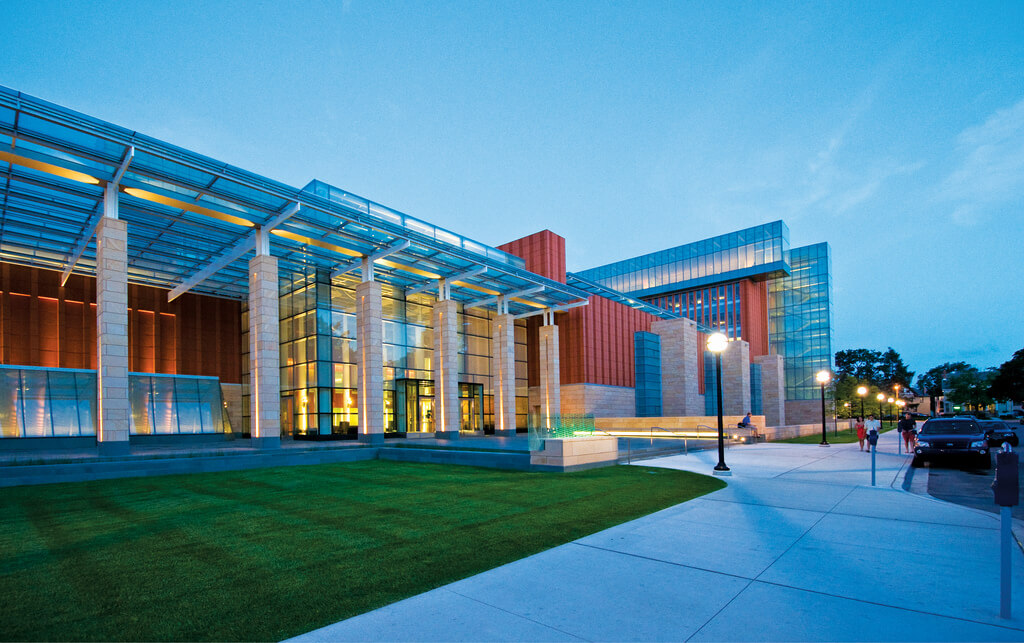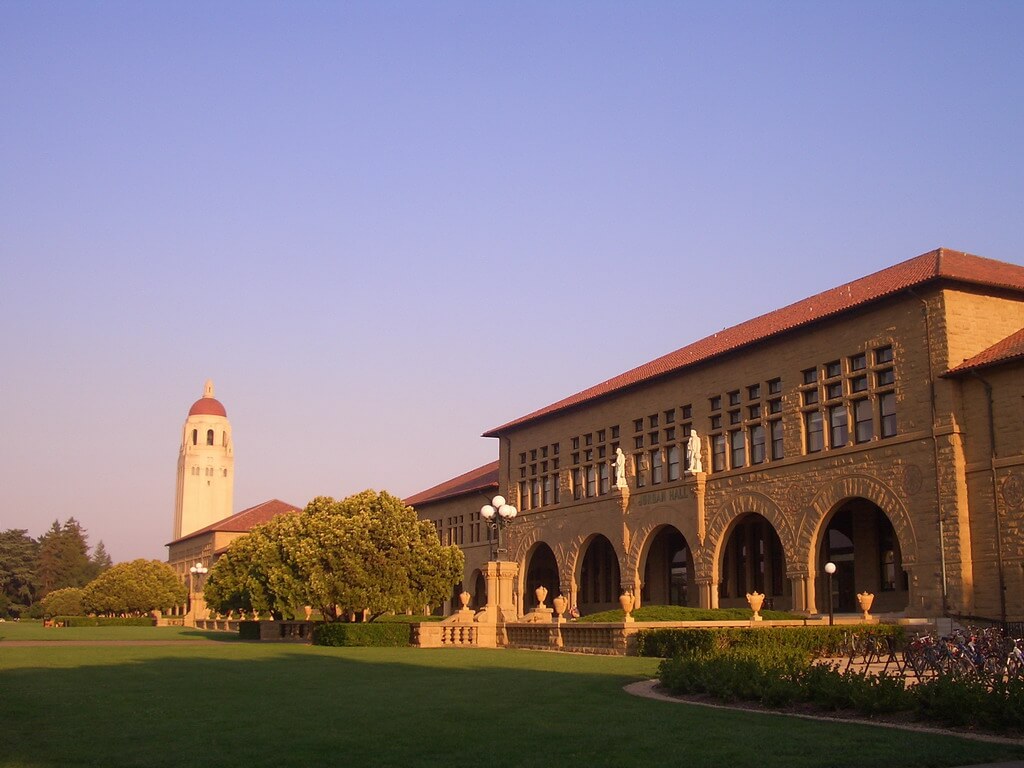With climate change on a steady (and horrifying) trajectory and clean technology—cleantech—innovation in rapid acceleration mode, it’s an ideal time for tech-savvy MBAs to use their analytical and managerial superpowers for good.
Katie Kross, managing director for Duke Fuqua’s Center for Energy, Development, and Global Environment, says technology will soon revolutionize the way cities work, the way natural resources are used, and the way we adapt to climate change.
“There’s a lot of money to be made and competitive advantage to be gained for business leaders who understand climate change risks and are prepared to adapt,” she says.
Sector like energy, transportation, water, and agriculture, are ripe for cleantech innovation.
Here’s seven of the best US MBA programs for careers in cleantech:
1. UC Berkeley’s Haas School of Business
The Energy Institute at Haas and the nearly decade-old Cleantech to Market program offer a unique, experiential learning platform that trains leaders who understand energy issues from both business and policy perspectives, as well as from fundamental science, engineering, and environmental point of views.
Co-director Brian Steel notes how Haas students, “work directly on the commercialization of some of the country’s most promising energy, water, and green chemistry technologies.”
2. Duke Fuqua School of Business
Fuqua offers two environmentally-focused MBA options: the three-year joint MBA and Master of Environmental Management or the MBA concentration in Energy & Environment.
Managing director Katie Kross says both trajectories “help students understand not only the energy sector writ large, but also how energy and environmental sustainability issues will affect businesses in all industries in coming decades.”
“Climate change is likely to be the defining business issue of the age for many MBAs who are graduating now,” she says.
3. UT-Austin’s McCombs School of Business

Professor of finance and director of energy @ McCombs John C Butler believes students are drawn to the CleanTech Initiative “for issues broader than energy,” such as sustainability and corporate social responsibility.
Charlie Cox, a 2018 MBA candidate at McCombs on the cleantech concentration, praises the breadth and flexibility of the MBA program: “Students design a course of study that best fits their personal interests,” he says.
4. University of Michigan’s Ross School of Business

Ross offers a dual MBA/MS degree through the Erb Institute, a partnership with the School for Environment and Sustainability. Erb, one of the first programs in the world to train students in both business and sustainability, is part of a larger infrastructure that Ross has built up in the cleantech space over two decades.
Managing Director Terry Nelidov: “[Erb] is situated at the nexus between business, environment, and society. [Students] learn sustainability by actually doing it, out in farms, factories, supply chains, and corporate offices—here in the US and abroad. [We prepare] both current students as well as working professionals to create a sustainable world through the power of business.”
5. Clark University
Clark University has a long history of involvement with environmental issues and service to the community. Faculty and students have pioneered research on climate change, natural hazards and risk, land use change, pollution control, and cleantech to name a few.
Clark offers two paths: a joint MBA/MS in Environmental Science and Policy program focused on fiscal responsibility and sound management practices, and an MBA in Sustainability, which provides in-depth analysis of topics like Eco-entrepreneurship, Energy Management, Sustainable Operations and Sustainability Consulting.
6. Presidio Graduate School

Presidio Graduate School’s (PGS) Sustainable Energy Management program explores energy technologies and systems within a framework of enduring social and environmental stewardship on a global scale.
For PGS' Dariush Rafinejad, the program is a response to an urgent, globally-pressing desire: “We need patterns of energy production and use that can support society’s present and future needs with least life-cycle economic, environmental, and social costs,” he says.
“We’re committed to understanding and applying appropriate tools for developing sustainable energy systems including: technology, economic, planning, evaluation, and policy analysis.”
7. Stanford GSB

Stanford’s joint MBA/MS in Environment and Resources integrates science with business to drive sustainable change.
Anjana Richards, program manager of Stanford’s Emmett Interdisciplinary Program in Environment and Resources, explains: “Our students are drawn to the rich ecosystem of faculty doing novel research, companies driving and implementing innovation, and Stanford institutes and programs helping to provide connective tissue to accelerate innovation.”




